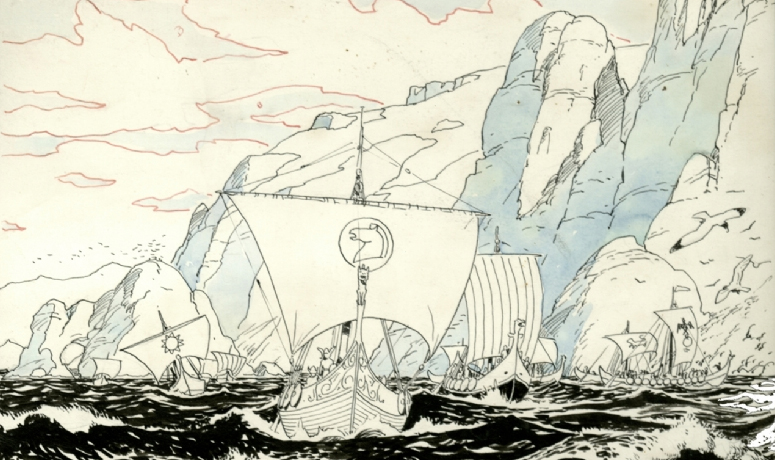Campbell
Relaxed Intensity
we are talking about JA here, I am sure Vincent Baker has a different take on a lot of things
The first quote from AW is basically saying the same, I am sure Vince and you take that to more of an extreme than JA does however

Don’t Prep Plots
If you're GMing a roleplaying game, you should never prep a plot.Everyone's tastes are different. These matters are subjective. What works for one person won't necessarily work for another. Yadathealexandrian.net
"A plot is a sequence of events: A happens, then B happens, then C happens.
A situation, on the other hand, is merely a set of circumstances. The events that happen as a result of that situation will depend on the actions the PCs take."
For example, a plot might look like this: “Pursuing the villains who escaped during last week’s session, the PCs will get on a ship bound for the port city of Tharsis. On their voyage they will spot a derelict. They will board the derelict and discover that one of the villains has transformed into a monster and killed the entire crew… except for one lone survivor. They will fight the monster and rescue the survivor. While they’re fighting the monster, the derelict will have floated into the territorial waters of Tharsis. They will be intercepted by a fleet of Tharsian ships. Once their tale is told, they will be greeted in Tharsis as heroes for their daring rescue of the derelict. Following a clue given by the survivor of the derelict, they will climb Mt. Tharsis and reach the Temple of Olympus. They can then wander around the temple asking questions. This will accomplish nothing, but when they reach the central sanctuary of the temple the villains will attempt to assassinate them. The assassination attempt goes awry, and the magical idol at the center of the temple is destroyed. Unfortunately, this idol is the only thing holding the temple to the side of the mountain — without it the entire temple begins sliding down the mountain as the battle continues to rage between the PCs and villains!”"
A situation, on the other hand, looks like this: “The villains have escaped on two ships heading towards Tarsis. One of the villains transforms during the voyage into a terrible monster and kills the crew, leaving the ship floating as a derelict outside the coastal waters of Tharsis. At such-and-such a time, the ship will be spotted by the Tharsis navy. The other villains have reached the Temple of Olympus atop Mt. Tharsis and assumed cover identities.”"
I assume you consider his situation (last paragraph) to still be a plot
It smells a bit like a plot to me.
I would have to know more about how the scenario is presented and the structure that surrounds it, but at the very least the language used (villain) presupposes how players are meant to address the scenario. It also does not seem like the sort of scenario that would evolve in a way that is not catastrophic.

